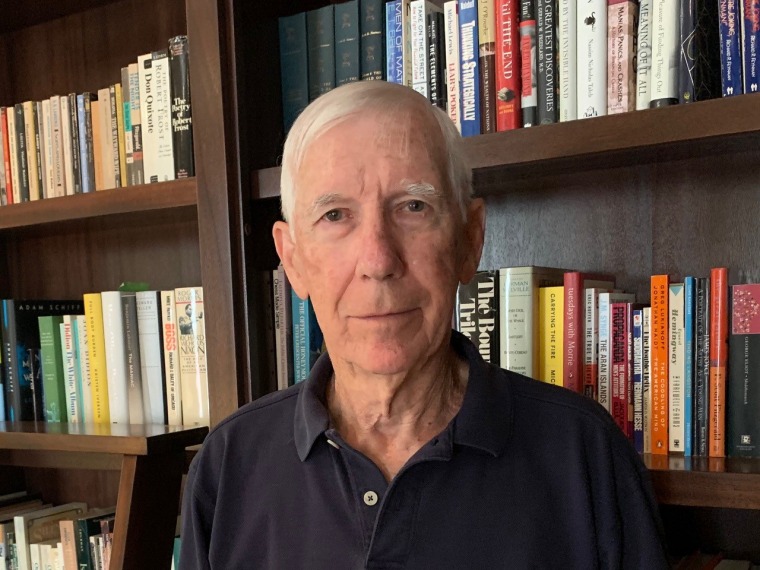Mark Walker
Karl Eller Professor Emeritus of Economics

1130 E. Helen St.
P.O. Box 210108
Tucson, Arizona 85721-0108
Documents
Areas of Expertise
Experimental economics
Game theory
Microeconomic theory
Mark Walker joined the Eller College of Management as a professor in 1990. He was the economics department head from 2001 to 2012. His current research focuses on the effects of experience, expertise and learning in strategic decision making. He earned his PhD in Economics from Purdue University in 1970. His previous teaching experience includes State University of New York at Stony Brook, University of Toronto and Northwestern University.
Recent Research Papers
- “Are We There Yet? Mechanism Design Beyond Equilibrium” (with M. Van Essen), in Social Design: Essays in Memory of Leonid Hurwicz, W. Trockel ed., Springer-Verlag, 2019.
- “A Simple Market-Like Allocation Mechanism for Public Goods” (with M. Ven Essen), Games and
Economic Behavior, Vol. 101 (2017), 6-19. - “Experienced Bidders in Online Second-Price Auctions” (with R.Garratt and J. Wooders), Journal of
Experimental Economics, Vol. 15 (2012), 44-57. - “Out-of-Equilibrium Performance of Three Lindahl Mechanisms: Experimental Evidence” (with M. Van
Essen and N. Lazzati), Games and Economic Behavior, Vol. 74 (2012), 366-381. - “Equilibrium in Matches: Binary Markov Games” (with J. Wooders and R. Amir), Games and Economic
Behavior, Vol. 71 (2011), 487-502.
Other Selected Publications
- “Discrete Implementation of the Groves-Ledyard Mechanism” (with T. Swarthout), Review of Economic
Design, Vol. 13 (2009), 101-114. - “Minimax Play at Wimbledon” (with J. Wooders), American Economic Review, Vol. 91 (2001), 1521-
1539. - “On the Generic Non-optimality of Dominant-Strategy Allocation Mechanisms: A General Theorem that
Includes Pure Exchange Economies” (with L. Hurwicz), Econometrica, Vol. 58 (1990), 683-704. - “The Free Rider Problem: Experimental Evidence,” (with O. Kim) Public Choice, Vol.43 (1984), 3-24.
- “A Simple Incentive-Compatible Scheme for Attaining Lindahl Allocations,” Econometrica, Vol. 49
(1981), 65-71. - “On the Nonexistence of a Dominant-Strategy Mechanism for Making Optimal Public Decisions,”
Econometrica, Vol. 48 (1980), 1521-1540.
Degree(s)
- PhD in Economics, Purdue University, 1970

